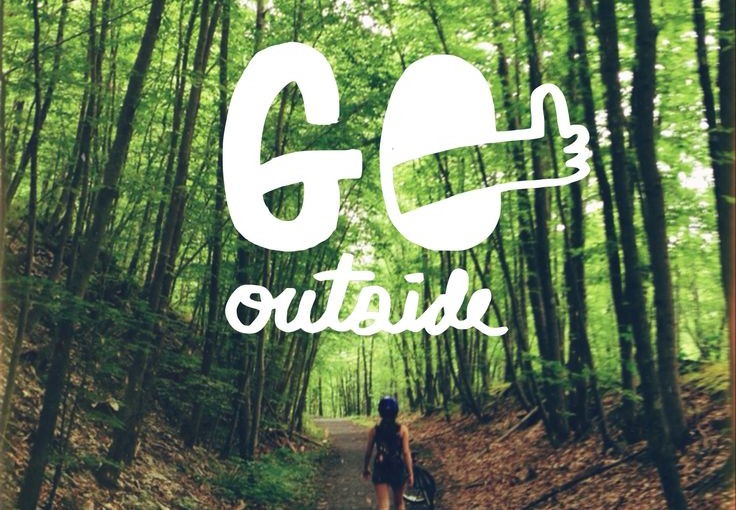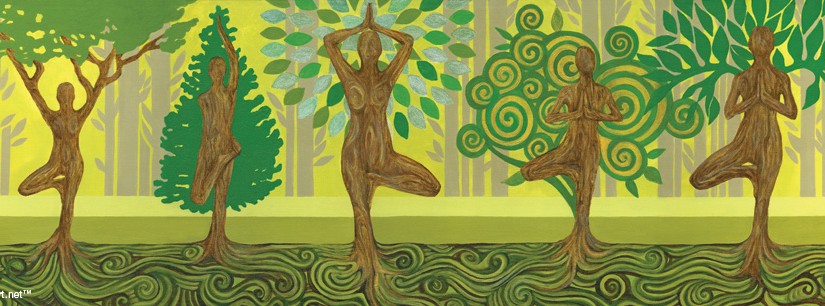Mindblown: a blog about philosophy.
-
Stories That Shape Us
“Stories shape our assumptions, expectations, and realities. Stories, whether personal, cultural, academic, or otherwise, teach us about the world.” Provost Bridget Newell’s introduction to the Stories that Shape Us presentation at Bucknell’s Weis Center quieted the chattering, sociable audience of Bucknell students. This event featured seven professors of various departments presenting their own stories that have…
-
Tea Time: 6 Reasons Why Students Should Drink More Tea
“Prince Dharma was touched by Divine grace and went out to preach the teachings of Buddha in China. To make himself worthy of such a mission, he vowed never to sleep during the nine years of his journey. Towards the end of the third year, however, he was overcome by drowsiness and was about…
-

The Cognitive Benefits of Going Outside
William Wordsworth wrote, “The world is too much with us; late and soon, getting and spending, we lay waste our powers: Little we see in Nature that is ours.” In this poem, he portrays a rift between humans and the natural world. We are increasingly losing connection to nature even though it is scientifically…
-

The Importance of Yoga for Students
Yoga classes have been popping up more and more around college campuses partly due to the unhealthy amount of stress students face on a daily basis. Chronic anxiety takes a toxic toll on the body and mind and yoga provides an outlet. Although I am far from a yoga aficionado, I am always happy…
Got any book recommendations?